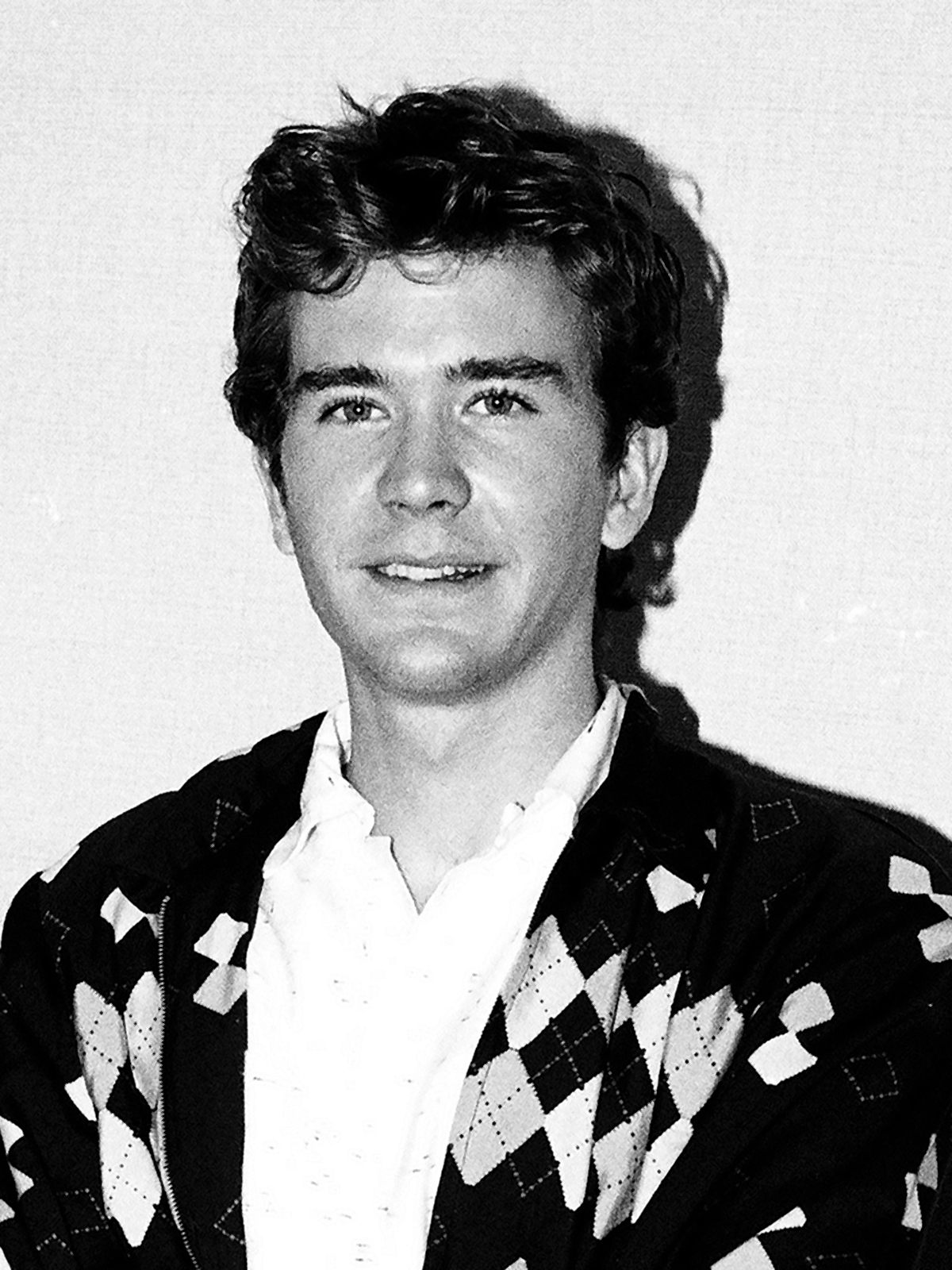
- Golden Globe Awards
Oral History: Timothy Hutton about “Ordinary People”
Timothy Hutton won two Golden Globes for his performance in Ordinary People, his first feature film after he acted on television, and the first movie Robert Redford directed from the 1976 novel by Judith Guest. He spoke with HPFA journalists about this experience, when he was 20 years old.
“I didn’t draw upon my own experience for the part in Ordinary People. For Conrad, it was difficult to relate to his parents and there was such a separation, they really didn’t understand each other. He did not connect with his mother and it was the same thing with his father, even though it was a little bit better. I never had that problem with my own parents, my ability to communicate with my mother and father was always very strong. The only thing that I did understand in Conrad was the meaning of loss because I had just lost my father, he passed away about 3 or 4 months prior to the beginning of Ordinary People. So, I understood what loss was and I could relate to how Conrad felt when his brother died.”
“I think everybody has guilt feelings, which is a shame because guilt is tough to deal with. And I felt nothing so severe as Conrad’s guilt, that was major guilt, but as a person, I was able to draw from my own humanity.”
“For everything else I had to get into the character and try to understand what it must have been like to be in a mental institution, then to come out of one and to be back in school. I developed a lot of concern over Conrad’s recovery.
“It was a demanding story for all of us actors, and Redford was a great actor’s director in his ability to balance scenes between the characters, his sensitivity and his concern and care for each character was so strong. He was very encouraging; he was on top of everything and orchestrating all the emotions so it all blended.”
“After we finished Ordinary People, I went up to Redford’s place in Utah, I skied there and got to know his kids very well. We all became terrific friends.
“In some ways, the movie has a happy ending. If you look at what Conrad has been through and how much he’s pulled himself together, how he’s able to say to his father that he loves him, how he’s able to survive a little easier, so it’s not as difficult for him to get up in the morning. In that sense, from Conrad’s point of view, on a personal side, there have been a lot of revelations.”
“I couldn’t pinpoint what I learned from it. I knew that I came out of the movie not as a different person but as one who had been through an incredible experience, a four-month experience of deep concentration, and deep commitment. And that was very rewarding, it was a growing process for me.”

